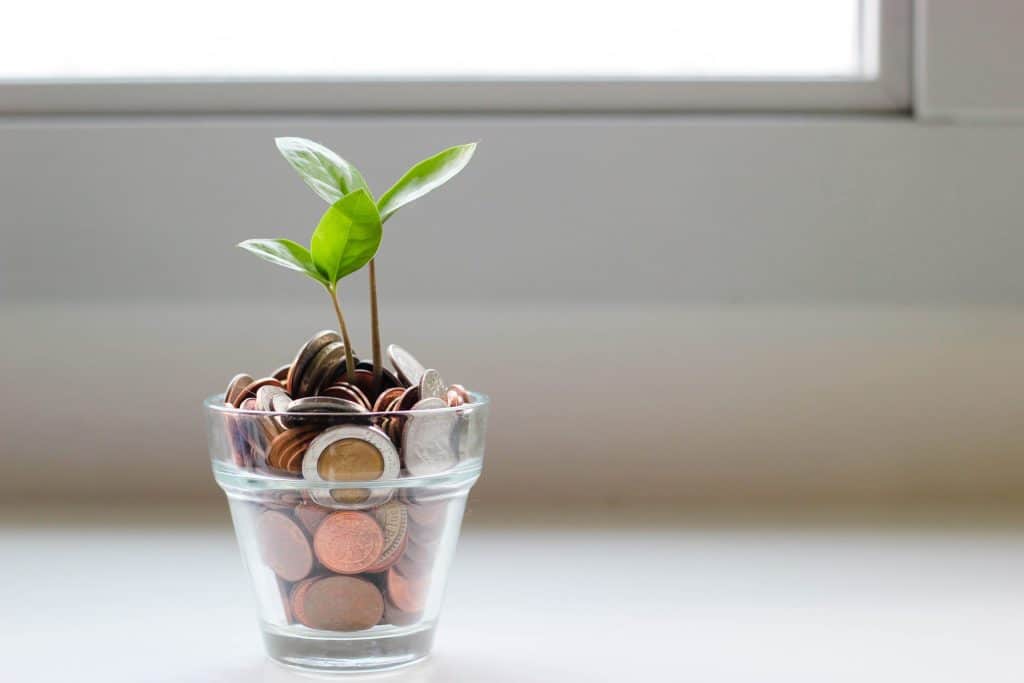Emigration from South Africa has increased dramatically. However, the pastures on the other side of the fence are not without brown spots. Amanda Visser finds out from three young couples who emigrated to New Zealand and the US what these are.
You are invited to dinner in New Zealand, and someone burps loudly at the table. Everyone in the room, but for the newly arrived South Africans, thinks nothing of it.
That really took some getting used to, says *Frank.
“My mother would have clobbered me if I did that at the dinner table,” he remarks and adds that it is also a common occurrence in the office.
Minding your manners
What is considered good manners in South Africa seems to be quite absent in New Zealand. Adults and children alike will enter a room and bud in while you are having a conversation with someone else. “I then tell them that in South Africa we generally say, ‘Excuse me, may I interrupt?’,” says *Rochelle, whose ire is still raised whenever it happens.
The way in which children address older people was also something they had to get used to, explains *Brigitte. It feels as if they do not have respect for people who are older or in an authoritative position.
“There is no hierarchy. Everyone is equal. It is not as if the children are rude, they have just been brought up differently from what we were.” They also seem “older” than what they really are.
In the US the people seem more aloof and lacks spontaneity. *Pieter, a young farm manager, says he does not even know who his neighbours are. They have been living there for more than two years.
Alone, but safe
It is not that easy to make new friends in such a closed society, he says. “In South Africa we would have invited newcomers to a braai and introduced them to the rest of the community.”
But he checks himself. Life in rural America is much easier and living on a farm there is just so much safer than in South Africa.
The New Zealand school system is way more advanced than government schools in South Africa. A teacher in Auckland, *Riaan, says the standard of work is on par or higher. However, the amount of time children has at their disposal to complete tasks is quite “generous”, and that is putting it politely.
Kids are not taught to deal with pressure, and it generally leads to laziness. Despite the inordinate amount of time given, it is often obvious that tasks were completed at the last minute.
Schools in the US are “150 million times” better than in South Africa, says Pieter, who has a special needs child. The classes are small, and the children get quality attention.
Lack of perseverance
In New Zealand nobody seems to be fazed if they are unable to complete a rather challenging task. Since they seldom experience pressure, many kids need therapy when the do experience pressure. Some undergo therapy for good reasons, but others are simply trying to avoid having to do the work or meet the objectives, says Riaan.
However, the exposure to technology and resources is equivalent to that of the most expensive private schools in South Africa.
Work ethics
It seems as if some of the school ethics have spilled into the workplace.
Frank tells of an incident where there was a lot of pressure on a particular project. A key person on the project proclaimed that the work was “overwhelming and not good for his mental health”. He was granted two week’s leave, leaving the team under immense pressure to find another competent person.
Pieter has less polite things to say about his peers. “They will not pitch for work and phone to say they have been drinking too much the previous evening. They then stay away from work for a week.” The older generation is farming or working well into their seventies because the kids do not want to work.
Religion
The majority of New Zealanders are self-proclaimed atheists. When they hear that you attend church, they give you the look, says Robyn.
But then again, they may also give you the look when you tell them about our rich variety of land snakes, or about being without water or electricity for hours or even days on end.
It is something they never experience.
*Not their real names
ALSO READ: Emigration: The grass may be greener, but there are brown spots
Share on
Latest articles




















